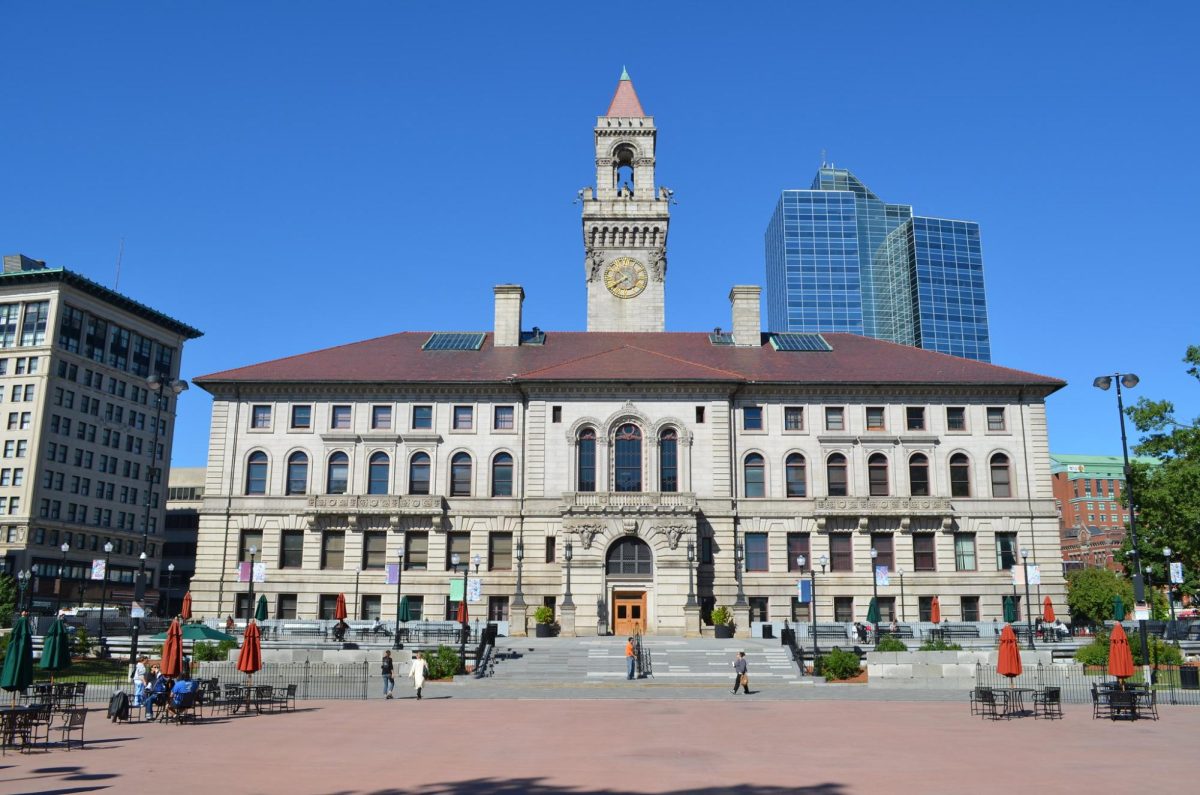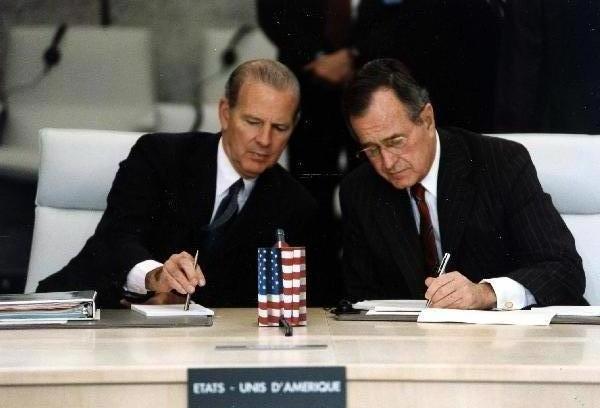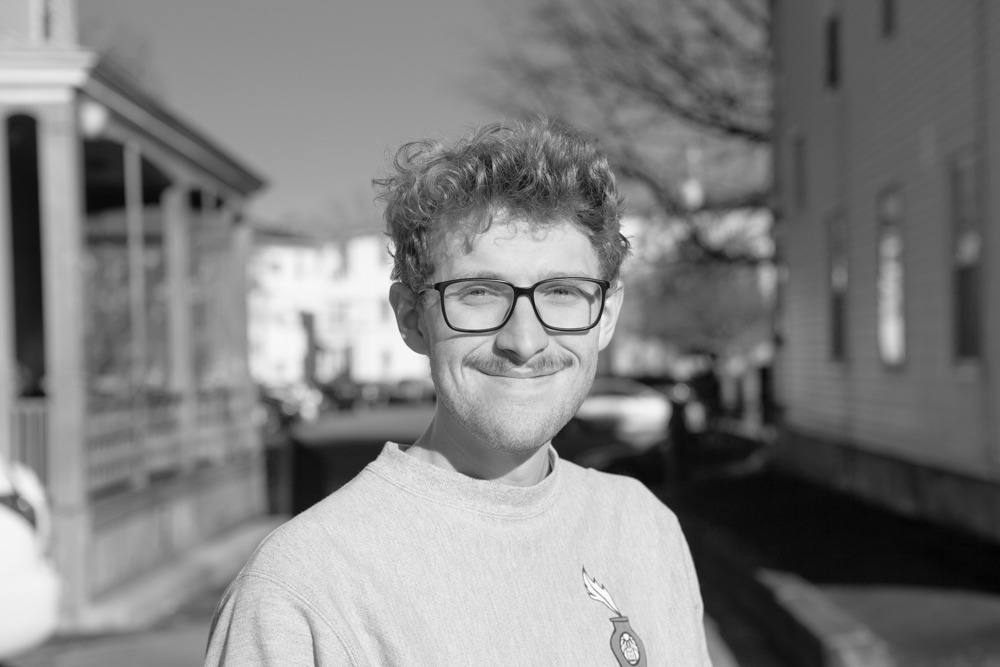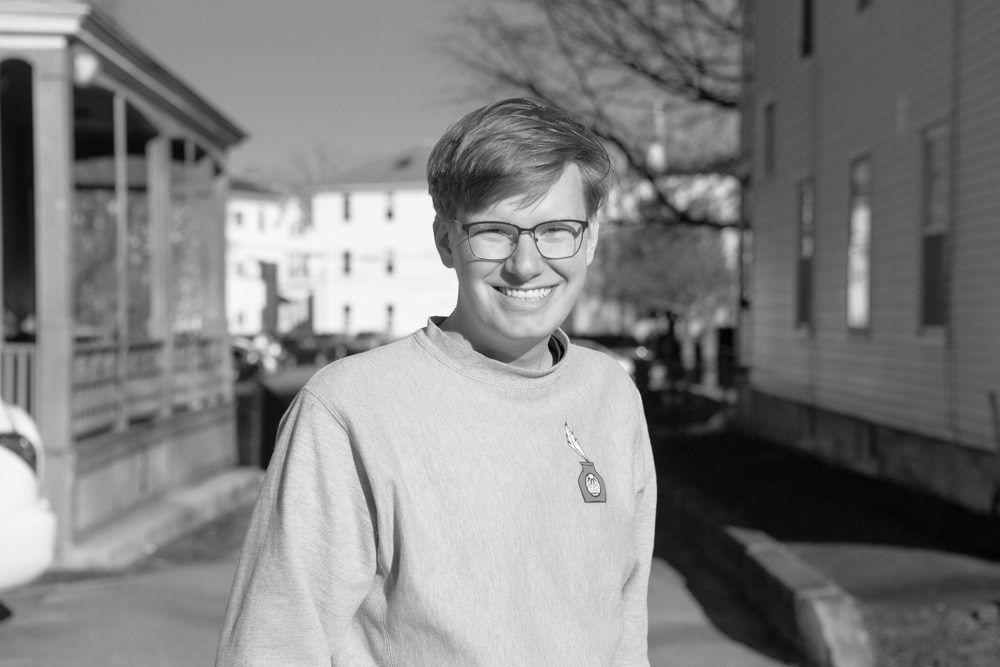Results from Worcester’s November 7 municipal elections have come in. Mayor, all city council seats, and all school board seats were up for grabs. It was a bad day for progressives in Worcester, and a mixed one for Clarkies at the ballot box. It was, however, a good day for the incumbents running for reelection.
Mayoral Election:
Broccoli look-alike and political moderate Joe Petty won a record-setting seventh term for mayor and a seat on the City Council – and he beat his closest competitor, fellow City Councilor Khrystian King by almost 24%. Such a large margin of victory shows that Worcester residents are generally happy with the current administration. This is an opinion that most Clarkies (I’d hope) don’t share. These results show that we are okay with the direction the city is headed: racist and corrupt policing, constantly increasing housing prices, stagnation, austerity politics, and of course, the yet-to-be-seen “Worcester renaissance” will continue for the next two years.
This is a disappointing result for Khrystian King, whose first run for the post was much anticipated by local pundits. Still, he retained his seat in city government as an at-large councilor. King is vice-president of Worcester’s Service Employees International Union (SEIU) local.
Other candidates who also ran for mayor and lost were Donna Colorio, Bill Coleman and Guillermo Creamer Jr. Colorio retained her at-large seat on the city council, with the other two failing to secure enough votes to join the council.
City Council Elections:
The aforementioned Petty, King, and Colorio will be joined by fellow incumbents Kathleen Toomey, Morris Bergman and Clark alumni Thu Nguyen. Candidates Guillermo Creamer Jr., Maydeé Morales, William Coleman, Johanna Hampton-Dance, and Domenica F. Perrone – Clark’s Director of Community Engagement and Volunteering – failed to receive enough votes to secure two years on the council for themselves.
In the at-large elections there were no changes, with all candidates running for and winning reelection. This wing of the council will continue to be relatively centrist, with Colorio and King representing the right and left wings of the city, respectively. These 6 will be joined by the five locally-elected councilors.
The area around Clark and most of Main South is in Council District Four. That district’s election was contested between Luis Ojeda and Katia Norford. Ojeda, assistant-principal at the Clark-affiliated University Park Campus School won by a margin of 81 votes. Ojeda is a moderate progressive, who will replace outgoing Sarai Rivera, who chose not to run for reelection this year.
Elsewhere, Jennifer Pacillo, George Russel, Clark alumni Etel Haxhiaj and Polar Park-megafan Candy Mero-Carlson won their districts.
School Board Elections:
The results of the Worcester School Board elections continue the theme of “meh-to-bad” results from the other elections. Here, though, several incumbents lost their seats. Worcester’s new School Board will consist of at-large members Maureen Binienda and Sue Mailman, who will be joined by Molly McCullough, Vanessa Alvarez, Dianna Biancheria, Alex Guardiola, Kathleen Roy and Jermaine Johnson.
Now what?
Overall, we can expect much of the same for the next two years from city government. Our elected officials are obsessed with the idea of Worcester’s image; constantly, they try to show that Worcester is not what it was decades ago. They are terrified of the idea that Worcester is stagnant. In order to sell Worcester – both to residents and themselves – they use Worcester’s resources to chase indicators. New 5-over-1s downtown are development indicators; a major municipal ballpark is a development indicator; major overhauls of Union Station are development indicators. These things are indicators of development, but are not the true development that makes strong towns. The municipal government is trying to stimulate development by erecting indicators, rather than the indicators coming as a result of development. All this chasing after development indicators shows us something that Worcester’s political establishment is afraid to admit: things are stagnant.
Worcester’s reliance on outdated city planning practices shows a real lack of foresight. Nothing Worcester is doing is new. Cities have wasted money on expensive ballparks before, cities have (re)made bad train stations before, let us learn from other cities’ mistakes instead of making our own. Worcester’s status quo does not seem willing to learn this lesson, though, and reelecting them will likely make change difficult.





